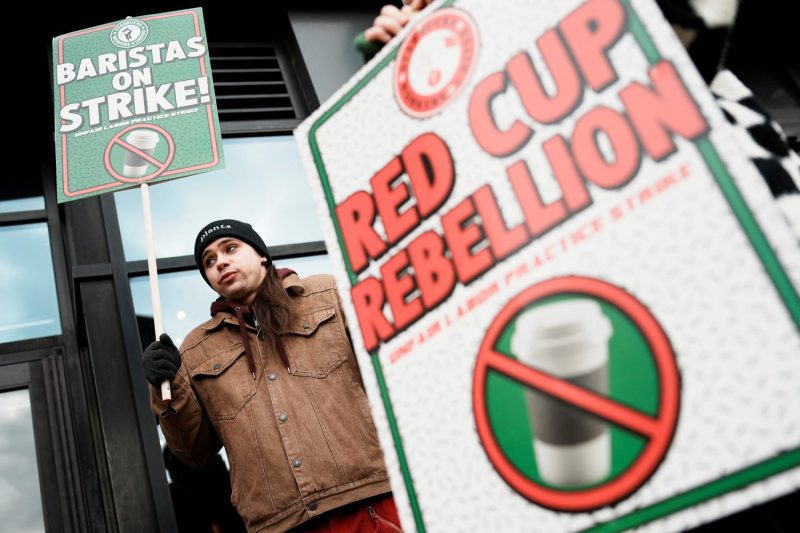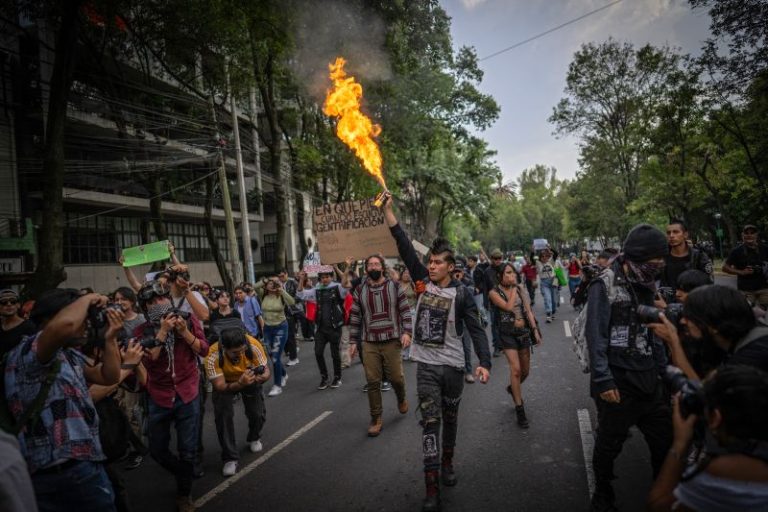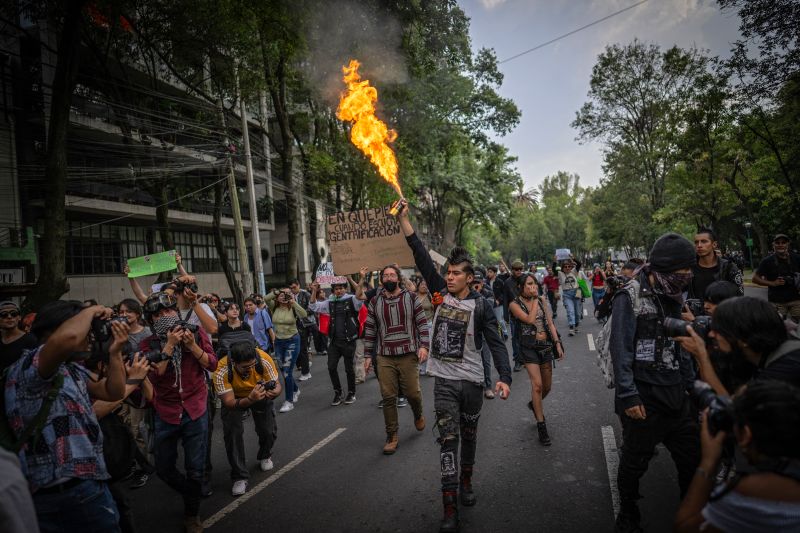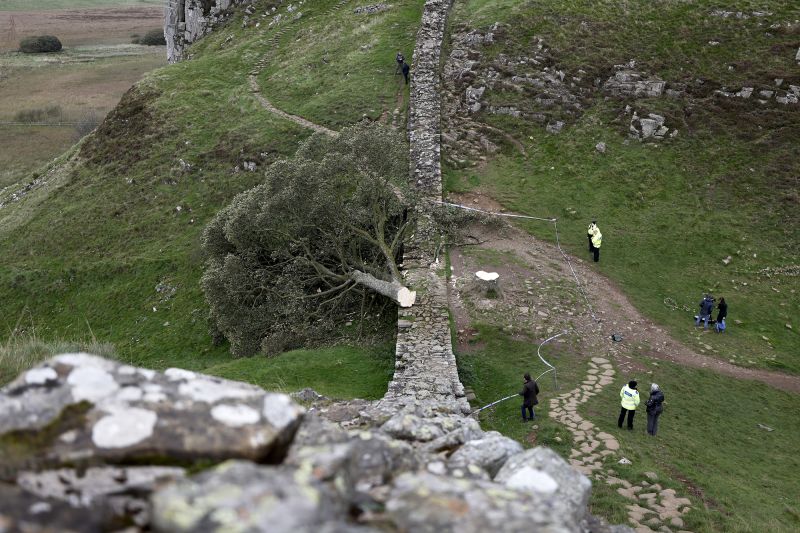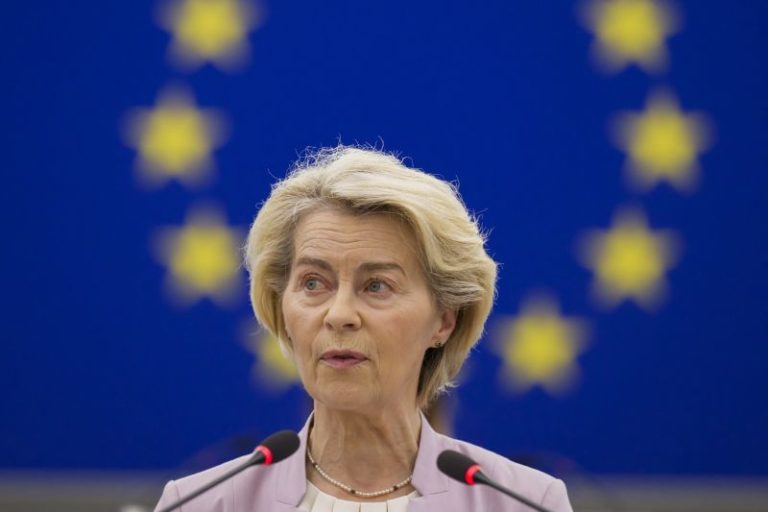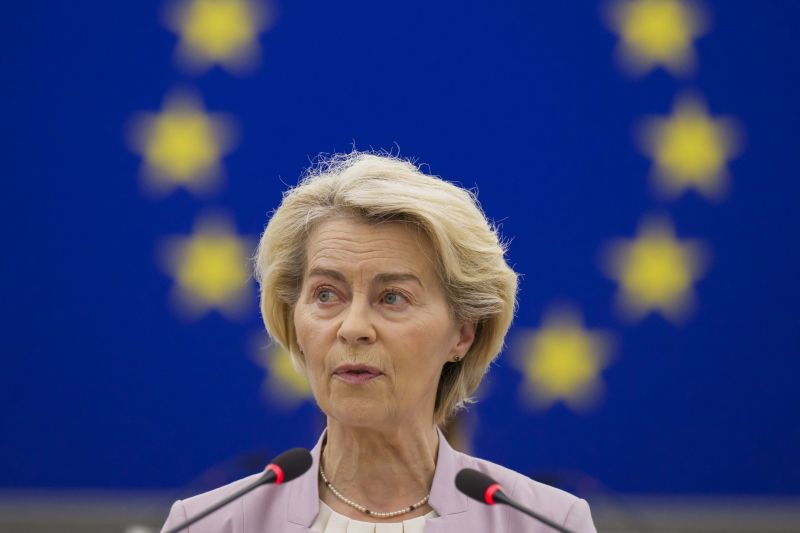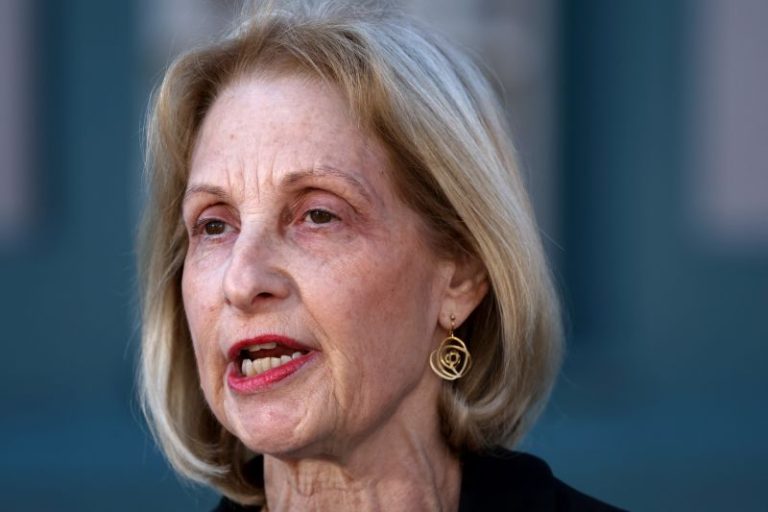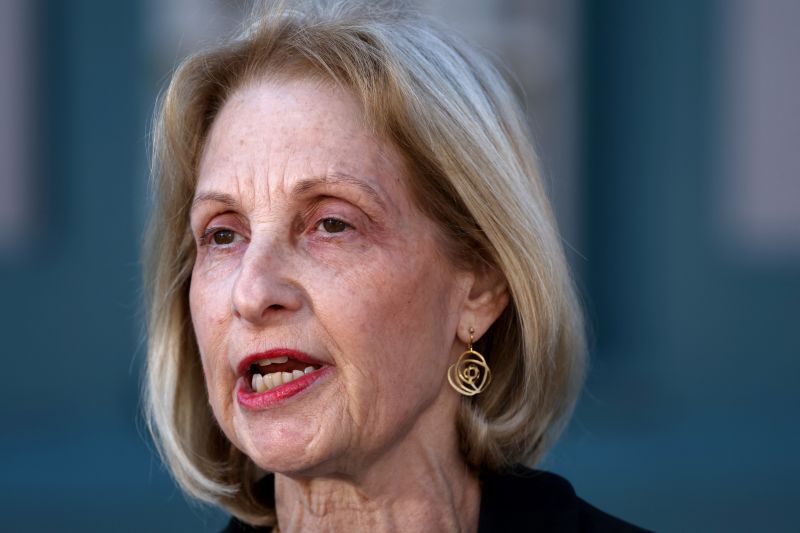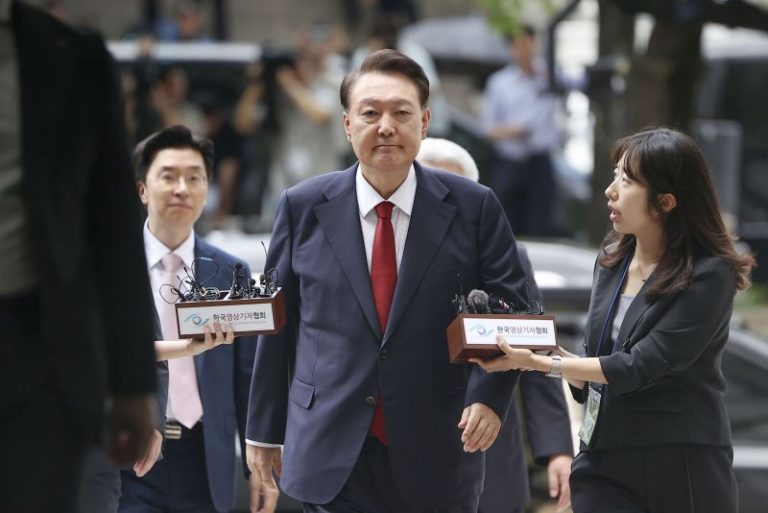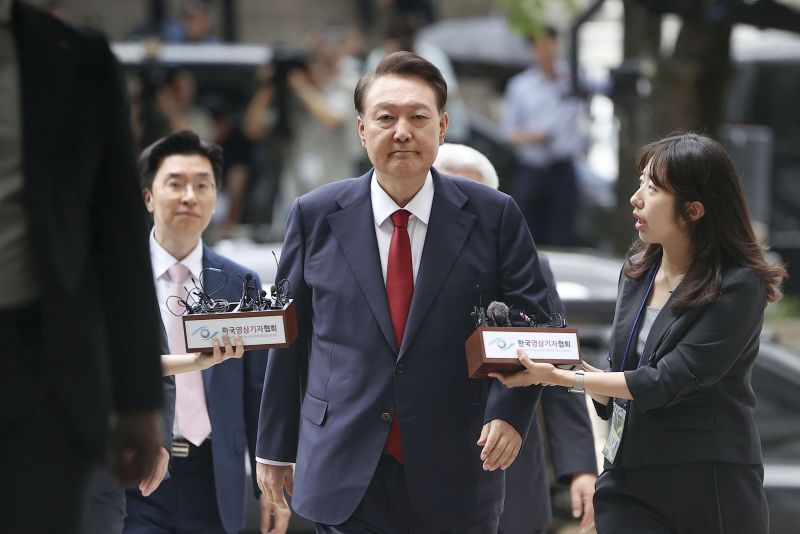
U.S. stock markets were poised for lift off Thursday, after a strong earnings report from computer chip giant Nvidia signaled that there is still plenty of room to run in the artificial intelligence boom that has powered markets higher for much of the year.
Prior to the opening bell, bets on the S&P 500 were up about 1%, while the tech-heavy Nasdaq climbed 1.5%.
Late Wednesday, Nvidia said sales of its trademark Blackwell AI chips ‘are off the charts,’ while another set of key computer processing units is ‘sold out,” founder and CEO Jensen Huang said in a statement.
On a call with investors following the report, Huang dismissed concerns about an AI bubble.
“There’s been a lot of talk about an AI bubble. From our vantage point, we see something very different,” Huang said.
Dan Ives, managing director at Wedbush Securities finanical group, echoed that sentiment.
“This was a golden quarter for Nvidia with demand massive and well above Street whisper numbers,’ Ives said in an email. ‘These numbers validate the AI Revolution is still early days and send the bears back into hibernation mode.’
Shares of the world’s most valuable company were up more than 4% in after-hours trading.
Nvidia’s chips have been the catalysts for a massive build-out of data centers that have supplied a backbone to the U.S. economy amid slowdowns elsewhere. More money is flowing into building data centers than all other manufacturing facility types combined, according to the research group S&P Global.
Until recently, that spending has also powered major stock indexes to record highs.
Lately, however, stocks have shown signs of wobbling lately. The declines in share prices — led by tech companies — have sparked debates about whether AI-driven gains are beginning to slow.
This raises a bigger question: how the broader economy will perform if it no longer benefits from all the wealth the AI boom is creating.
Nvidia’s latest earnings are likely to allay these fears, for now at least.
Huang said last month that his company had $500 billion in orders for its chips, for 2025 and 2026 combined.
“This is how much business is on the books. Half a trillion dollars’ worth so far,” Huang said at a conference in Washington, D.C.
Alongside broader concerns about the state of the U.S. economy, stock market momentum has been tripped up by worries about circular dealing among AI’s biggest players. This means the same money is being passed back and forth between several companies — even as each company’s individual value climbs.
Nvidia is a fixture in the kinds of deals that are raising concerns. It recently announced a commitment alongside Microsoft to fund AI software provider Anthropic with $10 billion.
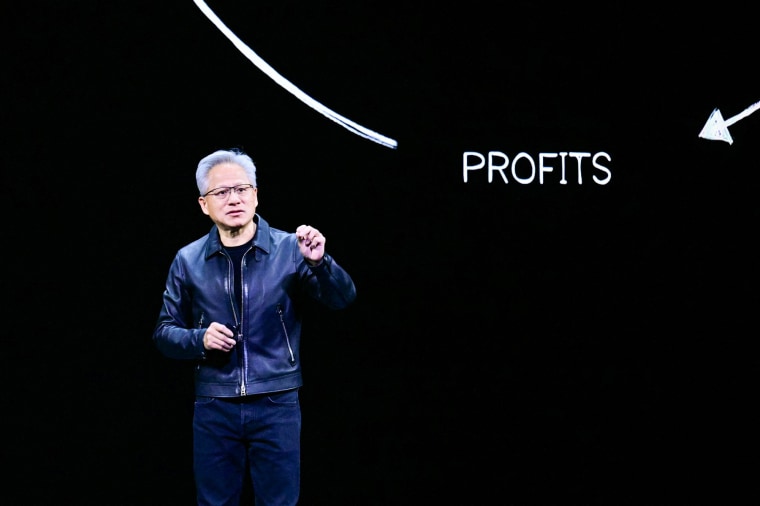
This kind of big collaboration news would typically boost the stock prices of all the companies involved. But neither Nvidia’s nor Microsoft’s stock got a boost from the Anthropic announcement.
Analysts with Deutsche Bank said this is a sign of the ongoing investor wariness about deals like this.
“It goes to show how sentiment has turned more negative in the last few weeks, with the circular AI deals being treated with increasing caution as the conversation around a potential bubble has gathered pace,” they wrote in a note published Wednesday.
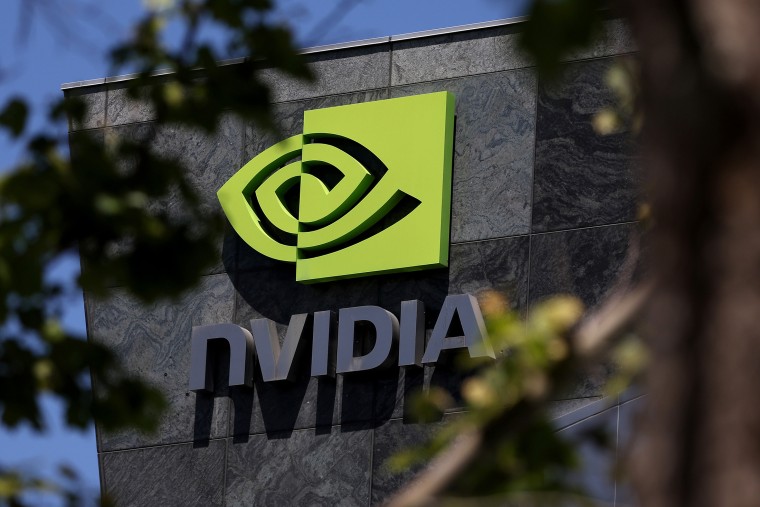
The question now is whether the latest market hiccups represent a temporary pullback, or the onset of a more permanent state of affairs.
For the experts who are cautiously optimistic that the market will continue to climb, Nvidia’s massive haul serves to validate their rosy outlook.
“We think the investment boom has room to run,” Goldman Sachs researchers wrote in a note published Wednesday, adding that the economy writ large has remained resilient, something that should provide ongoing support to stock returns.





